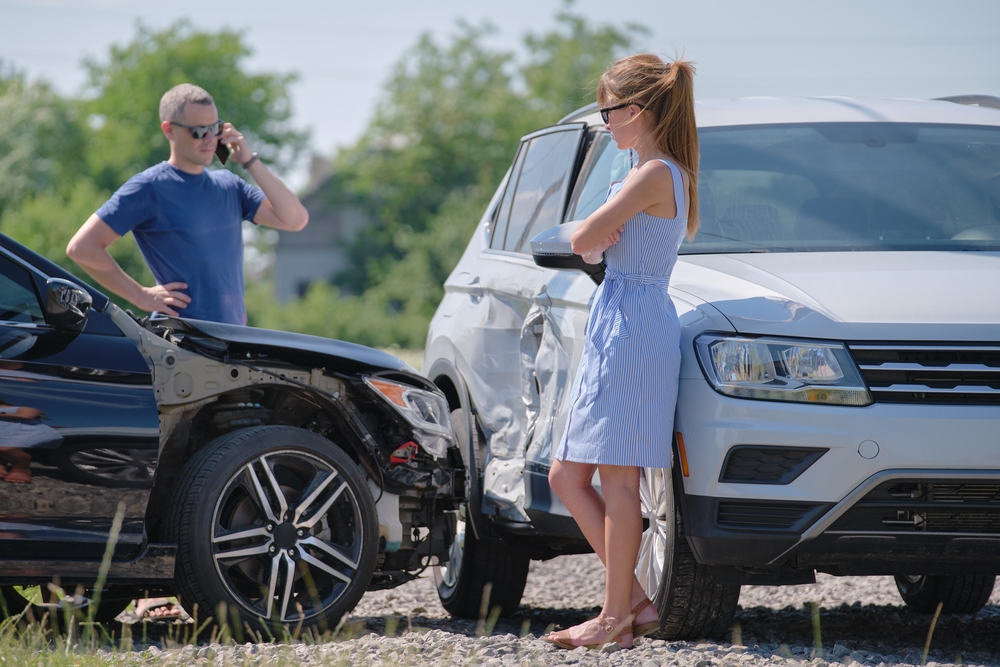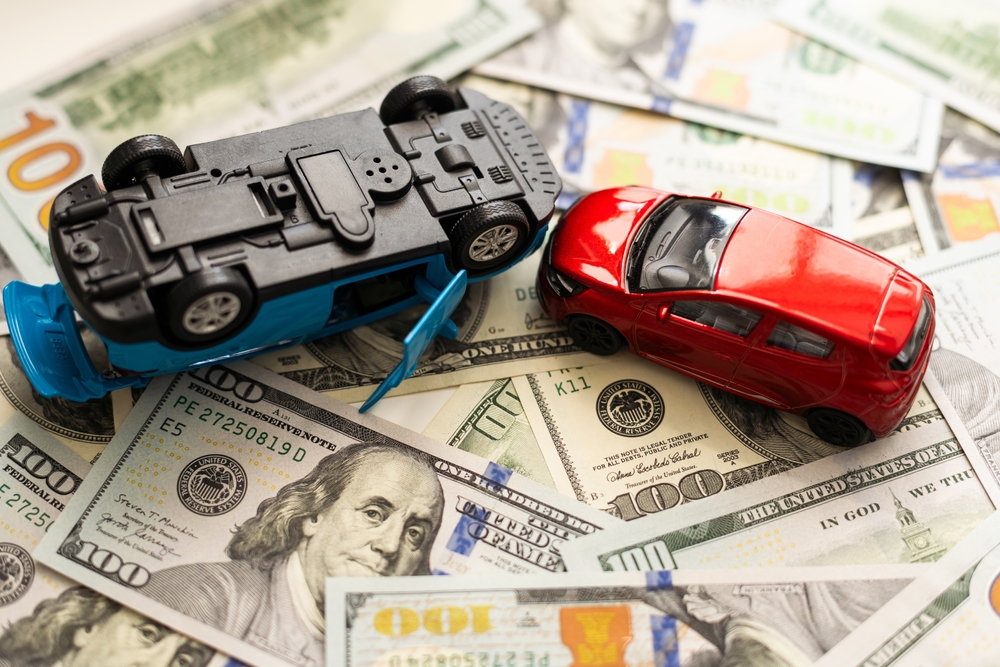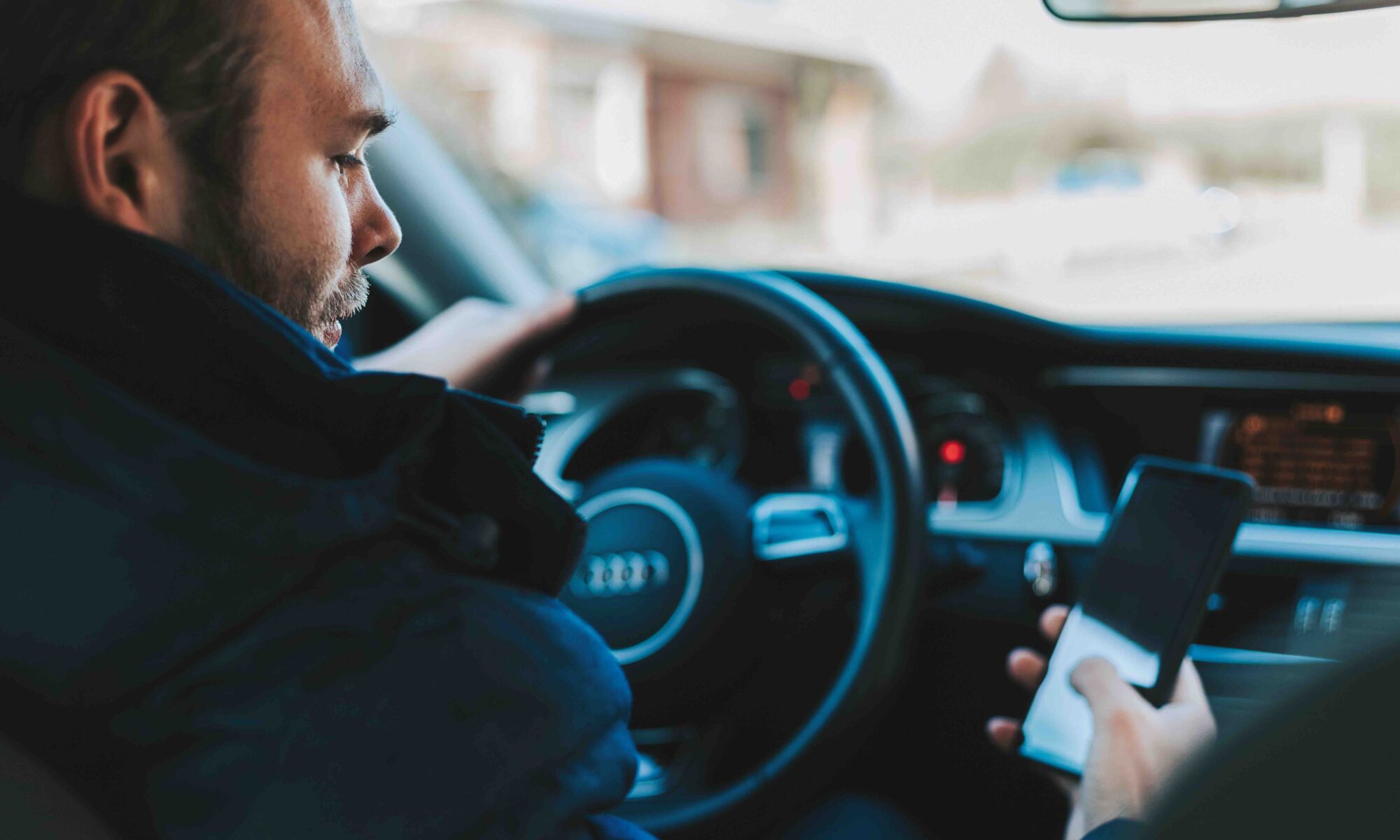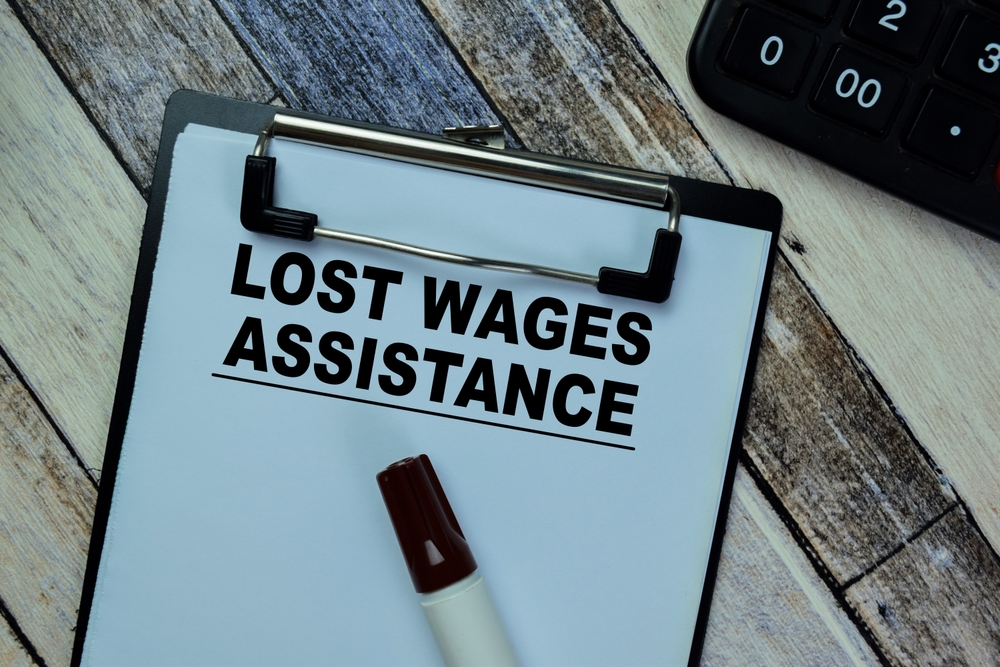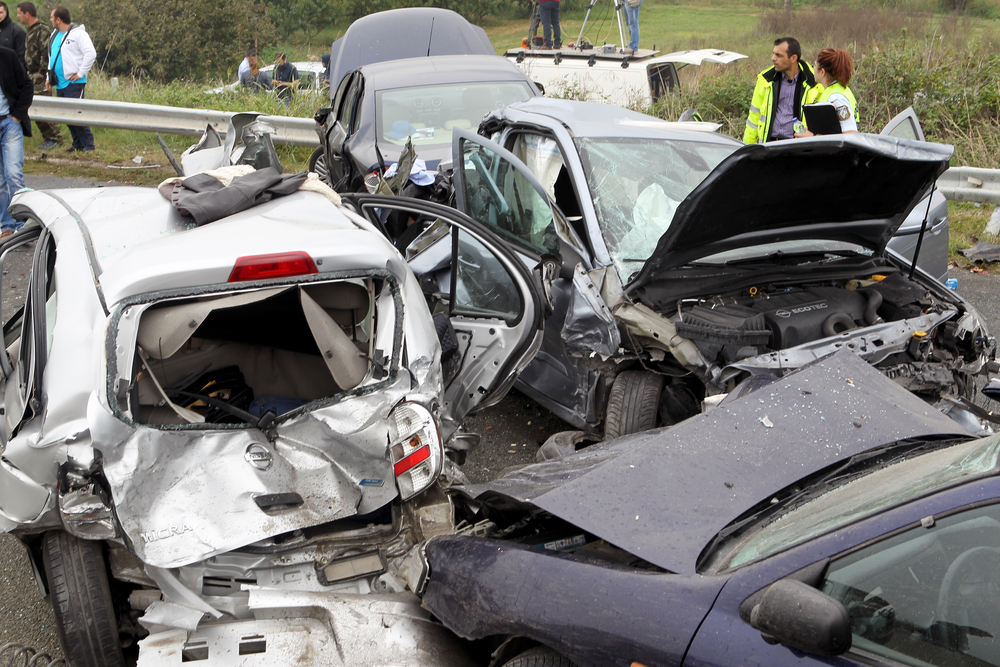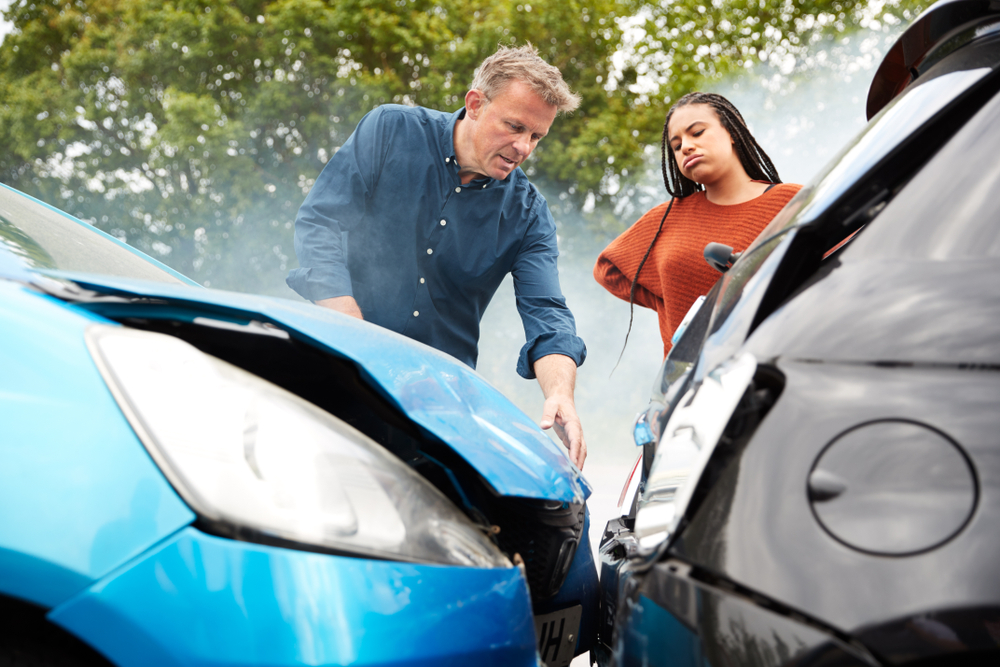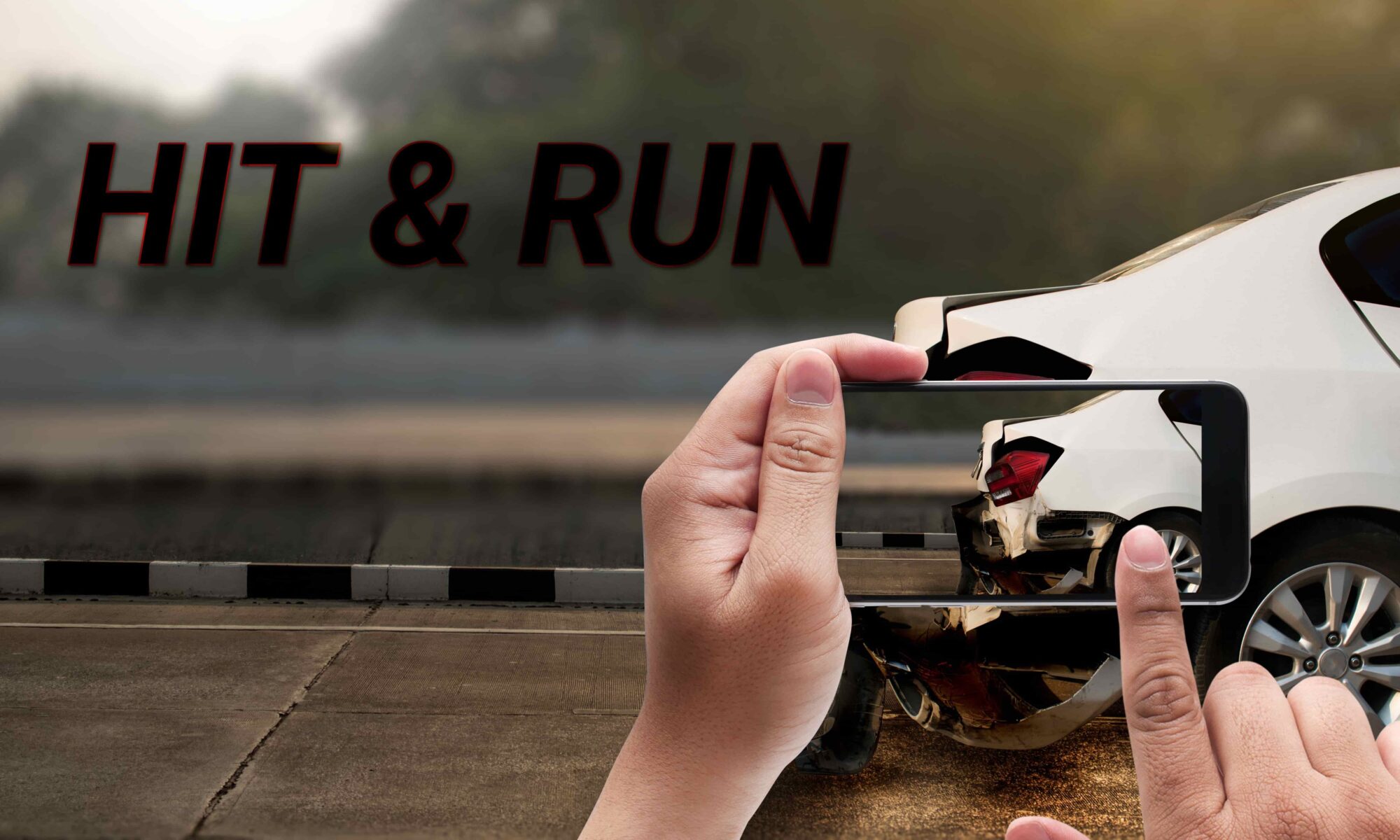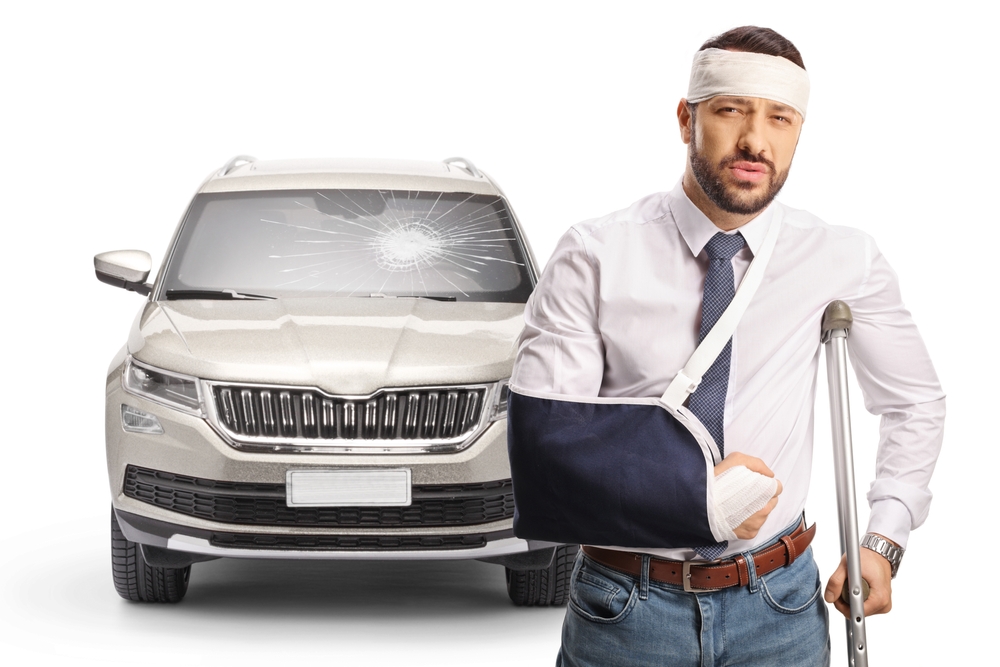Being a passenger in a car accident can be a frightening and disorienting experience. Unlike the driver, you have no control over the vehicle, yet you may suffer serious injuries due to someone else’s negligence. Many passengers wonder whether they can hold the driver accountable for their injuries and recover compensation. Under Georgia law, injured passengers have the right to seek damages from the at-fault party, whether it is the driver of the car they were in or another motorist involved in the crash.
Pursuing a claim as a passenger involves understanding liability, dealing with insurance companies, and determining whether filing a lawsuit is necessary. Georgia follows a fault-based system, meaning that the at-fault party’s insurance is typically responsible for covering medical expenses, lost wages, and other damages. However, if the driver of the vehicle you were in caused the accident, you may have the right to file a claim against them, even if they are a friend, family member, or someone you know personally. Understanding how Georgia personal injury laws apply can help you make informed decisions about your legal options.
Determining Liability In A Passenger Injury Case
Under O.C.G.A. § 51-1-6, Georgia law allows injured parties to seek damages when another person fails to uphold their legal duty of care. For passengers, this means that if the driver acted negligently—whether by speeding, texting while driving, or driving under the influence—you may have a valid claim against them.
Common causes of driver negligence include:
- Distracted driving, such as texting, eating, or adjusting the radio
- Speeding or reckless driving
- Driving under the influence of alcohol or drugs
- Failing to obey traffic signals or stop signs
- Drowsy driving or falling asleep at the wheel
If another driver caused the accident, their liability insurance should cover your injuries. However, if the driver of the car you were in was responsible, you may need to pursue a claim through their insurance or file a lawsuit to recover damages.
Can A Passenger File A Lawsuit Against The Driver?
Yes, injured passengers can file a lawsuit against the driver of the vehicle they were in if that driver was responsible for the accident. Under Georgia’s modified comparative negligence rule (O.C.G.A. § 51-12-33), you may recover damages as long as you were less than 50% at fault for the accident. Since passengers typically do not contribute to a crash, they are often entitled to full compensation.
However, if you were aware that the driver was intoxicated or engaging in reckless behavior before getting in the car, the defense may argue that you assumed some level of risk. This could affect the amount of compensation you receive. Speaking with an attorney can help determine the best legal strategy for your case.
What Compensation Can Injured Passengers Recover?
Injured passengers can pursue compensation for:
- Medical expenses (hospital bills, physical therapy, rehabilitation)
- Lost wages if the injury prevents you from working
- Pain and suffering for physical and emotional distress
- Permanent disability or reduced earning capacity
If the accident resulted in catastrophic injuries or wrongful death, additional claims may be available to cover future medical care, loss of companionship, and funeral expenses.
Car Accident Frequently Asked Questions
Can I Sue Both Drivers If They Share Fault?
Yes, Georgia follows a comparative fault system, meaning you can sue multiple at-fault parties for your injuries. If both drivers were negligent, liability may be divided between them, and their insurance policies may share responsibility for compensating you. The percentage of fault assigned to each driver determines how much compensation you may recover from each party.
What If The At-Fault Driver Is A Family Member Or Friend?
Filing a claim against someone you know can be uncomfortable, but it is important to remember that you are pursuing compensation from their insurance company—not them personally. Medical bills, lost wages, and long-term rehabilitation costs can add up quickly, and you should not have to pay for damages caused by another’s negligence. Most personal injury claims are resolved through insurance settlements, meaning the at-fault driver’s personal assets are not at risk.
What If The Driver Is Uninsured Or Underinsured?
If the at-fault driver does not have insurance or has inadequate coverage, you may still recover compensation through your own uninsured/underinsured motorist (UM/UIM) policy. Georgia law does not require UM/UIM coverage, but many policies include it as an added protection. If you have this coverage, it can help pay for medical expenses, lost wages, and other damages when the responsible party cannot.
How Long Do I Have To File A Lawsuit?
Georgia has a two-year statute of limitations for personal injury claims. This means that you have two years from the date of the accident to file a lawsuit. If you do not take legal action within this time, you may lose your right to recover compensation. However, there are some exceptions that may extend or shorten this deadline. Consulting an attorney as soon as possible ensures that your claim is filed on time.
Do I Need An Attorney To Handle My Case?
While you are not legally required to have an attorney, working with a personal injury lawyer significantly increases your chances of securing full compensation. Insurance companies often attempt to minimize payouts, delay claims, or shift blame onto victims. An attorney can negotiate on your behalf, handle all legal paperwork, and fight for the maximum settlement possible. If the case goes to court, an experienced trial lawyer will represent you and present evidence to support your claim.
How Can An Attorney Help If The Insurance Company Offers A Low Settlement?
Insurance companies frequently offer low initial settlements in hopes that claimants will accept less than they deserve. If an offer does not fully cover your medical bills, lost income, and other damages, an attorney can evaluate whether the amount is fair and negotiate for a higher payout. If negotiations fail, taking the case to trial may be the best option. Legal representation ensures that you do not settle for less than what your injuries and suffering warrant.
Call Our Atlanta Car Accident Attorney For Your Free Consultation
If you were injured as a passenger in an Atlanta car accident, you may be entitled to compensation for your medical expenses, lost wages, and pain and suffering. At Shani O. Brooks P.C., we fight for injured passengers and help them recover the financial support they need to move forward. Contact our Atlanta auto accident lawyer at Shani O. Brooks P.C. Attorneys at Law by calling 404-920-4736 to receive your free consultation. We represent clients from our Atlanta office and serve accident victims throughout the entire state of Georgia.

